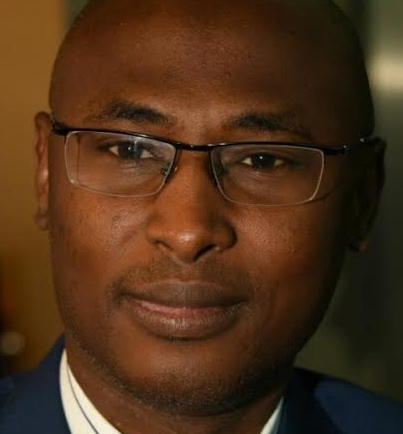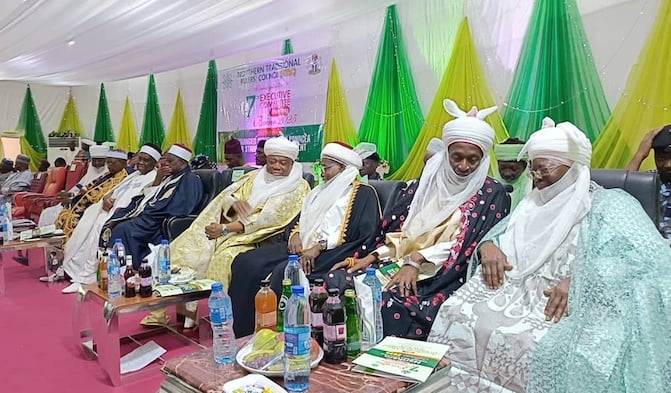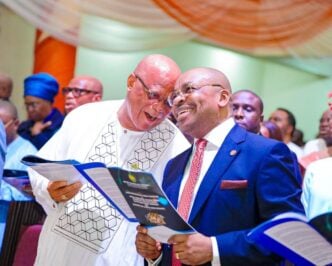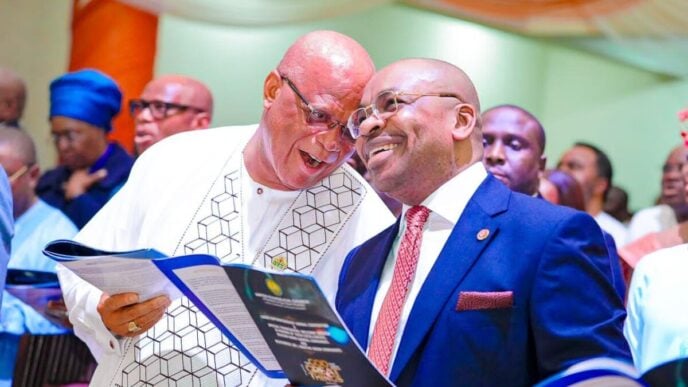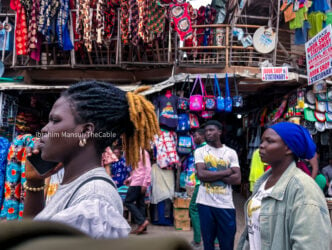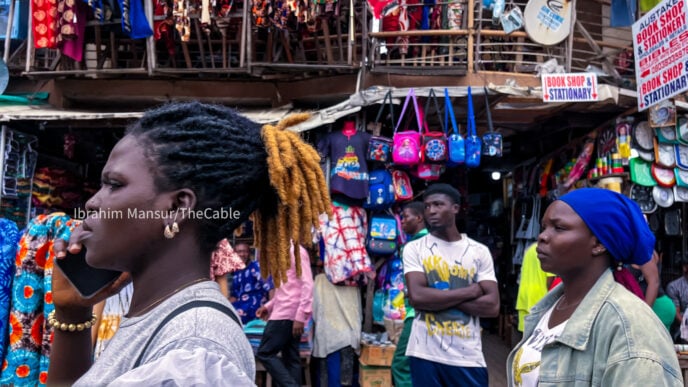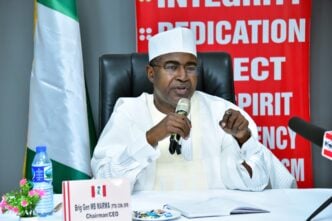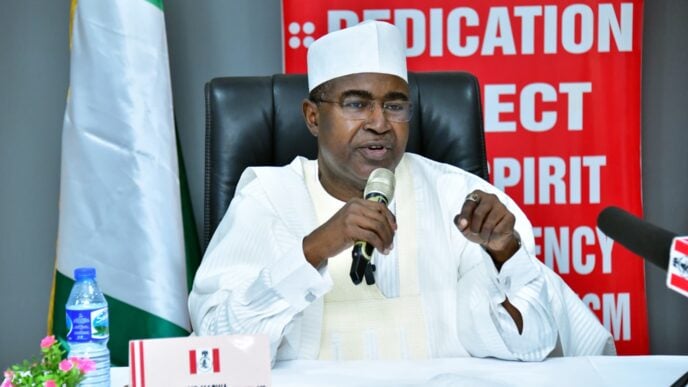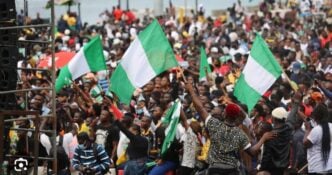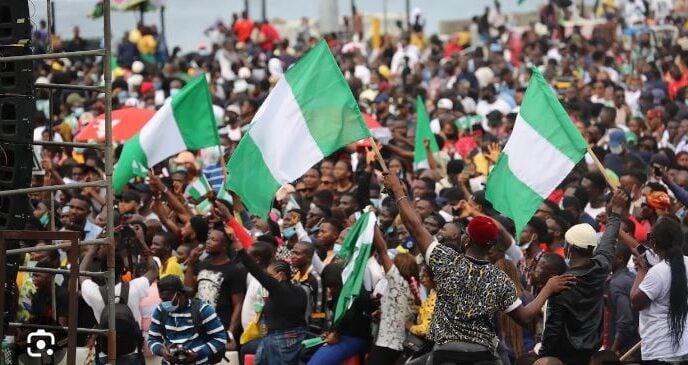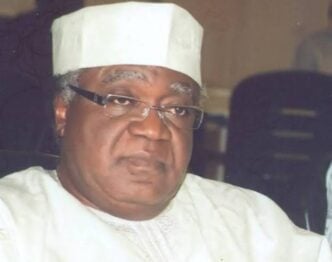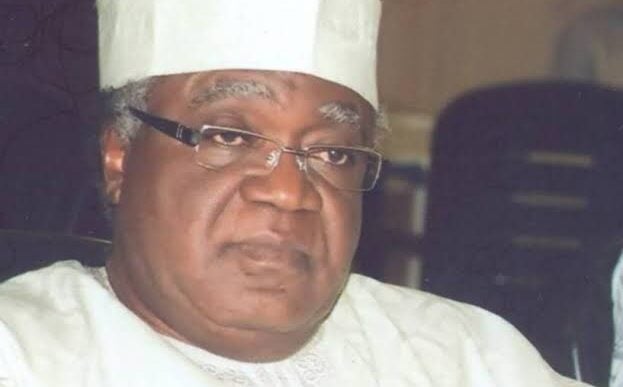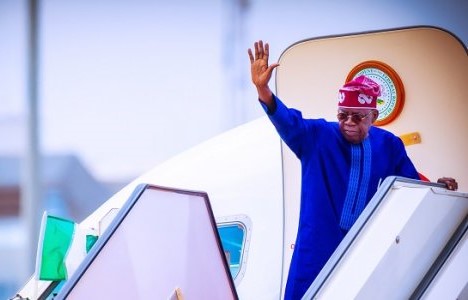The 1914 amalgamation gave birth to Nigeria, the world’s most significant black nation. The unification of the two protectorates had sparked intense competition, enabling both to play a pivotal role in the country’s development. For a considerable time, the North, being a behemoth, succeeded in retaining the political power it attained at independence in 1960, while ceding the economic influence to the South.
The story has, however, changed since 1999 when the country returned to democratic rule, after almost two decades of military interregnum. Today, the North is the story of a region struggling for survival on both political and economic fronts.
Paradoxically, this was the section steeped in the legacy of great empires like Danfodio or Kanem Borno in the eastern part, a political powerhouse blessed with vast tracts of arable land and a vibrant, youthful population. Yet, today, the headlines are dominated by a different narrative: poverty, insecurity, and a worrying educational deficit.
The North is a giant in deep slumber, despite having witnessed enough rude awakenings to stir it back to consciousness. Thus waking it up requires more than writing a ton of articles, but a strong political will of its leadership and the people.
Advertisement
This article was prompted by an X post by Salihu Tanko Yakasai. You may not like his politics, but you cannot ignore his passion for the region. Yakasai was lamenting that the North was fast losing its comparative advantages to the South, following a report of a massive leather factory opened in Lagos State. But I held a slightly contrary view about our situations: it is difficult for the North to lose its entire comparative advantage. It only needs to be roared back to life by the strong political will of its leadership, both at national and subnational levels, with more emphasis on the former.
In 2013, I wrote an article titled: For the North, it’s time to seek economic power. In the said write-up, I raised the following posers.
“Will the North continue to only agitate for political power alone while it’s obviously lagging in taking advantage of most of the Federal Government’s empowerment policies? Can the North develop economically without proper collaboration and policy coordination among the states? Can the North afford to continue waiting until it reclaims the political power before something is done about its economic development?”
Advertisement
The questions and answers can easily leave one with a dose of deja vu.
No doubt, the strength of the North is its vast arable land, and ironically, its massive population, which currently accentuates multidimensional poverty in the region.
The Lagos leather factory, therefore, may likely rely on northern raw materials. Both the hides and skin, as well as the tanneries, are in the North. What’s holding the region back from taking advantage of the entire value chain is energy deficiency.
With more energy supply, the North can attract brands like Bata to start producing footwear for both local and export needs. Aminu Murtala Nyako has shown us the way with his Sabore Farm. He intends to dominate the dairy industry by buying milk directly from herders and adding value with modern storage facilities on his farm. This can be replicated all over the North, and it will be the panacea we need to tackle the banditry quagmire we experience. With little push, the North doesn’t need to transport live animals for meat to the South. Modern abattoirs, if built, will do the job here, and our tanneries and leather industry will benefit from the skin.
Advertisement
This also brings us to the massive capacity the region has built over the years in rice production. This, no doubt, was achieved under the protective policy of the Late President Muhammadu Buhari administration. From what we can observe now, our rice producers need to collaborate with governments across all levels to come up with sustainability ideas. They must work toward standing on their own against global competition; otherwise, they will be like our defunct textiles industry in Kaduna and Kano states. A lot of investment should be made into research and development to achieve this. We must not allow our rice meals to die. We must return our rice farmers to the profitability era.
There has been a lot of talk about reviving the dead textiles industry in the region. This can be the game-changer as it has the potential to create millions of jobs across the value chain. From the farm to factory and later market, the “FMKs” of this world don’t need to travel to China or Europe for our Guinea brocades and other textile materials.
Yet, without tackling the energy needs, especially electricity, it is difficult for the North to successfully industrialise and turn this massive population of youth into an asset. Our governors need to adopt the off-grid approach and generate more than enough for the state to attract investors.
Kano has the highest number of earthen dams in the country. I am glad that there are at least two ongoing electricity projects from them. The seriousness our governors display energy will have a massive impact on our future.
Advertisement
However, like I wrote in another article, “How I want the North to Restructure” (2017), none of this is possible without security. Farmers cannot farm in fear, and investors will not invest in conflict zones. We must tackle the security challenges in the region if we want to make any progress.
Lastly, the catalyst for this awakening is leadership. The North must continue to search for a new generation of leaders in every walk of life. We need visionary leaders who will resist the comfort of the status quo. Leaders who will prioritise the education of the people over trivialities, and who will see our youth as serious human capital assets, not potential data boys or thugs.
Advertisement
Musa wrote in from Abuja.
Advertisement
Views expressed by contributors are strictly personal and not of TheCable.
